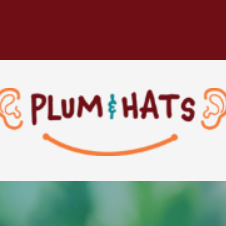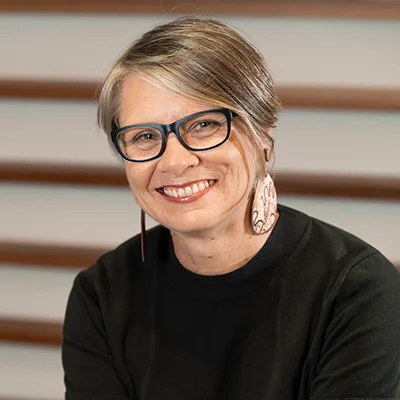5000PLUMs
This project, 5000 PLUMs, relates specifically to the hearing health of Aboriginal and Torres Strait Islander children. In line with the principles of research with Aboriginal and Torres Strait Islander people, the project aims have been formed through discussion with Aboriginal and Torres Strait Islander colleagues, and five Aboriginal and Torres Strait Islander researchers are part of the research. All research relating to Aboriginal and Torres Strait Islander people and communities at National Acoustic Laboratories is guided by an Aboriginal and Torres Strait Islander Research Leadership Group (find out more here).
What is the PLUM?
The PLUM is a 10-item parent and caregiver questionnaire that helps health and hearing practitioner check listening skills development in young Aboriginal and Torres Strait Islander children. The PLUM is designed to be used as part of a standard ear health and hearing assessment. National Acoustic Laboratories researchers developed the checklist in collaboration with urban and remote Aboriginal health and early childhood services. It is freely available and can be found here on the PLUM and HATS website (www.plumandhats.nal.gov.au)
We know that parents and caregivers like and feel comfortable with the PLUM, and that using the PLUM as part of an ear health and hearing check builds parents’ and caregivers’ knowledge about listening behaviours to watch for and nurture. It also helps families understand the link between ear health and listening skills.
Why check listening skills?
Listening skills are the first of children’s literacy skills to emerge. Being able to hear well is necessary for their development. If a child has not been hearing well for some time, listening skills development can be delayed.
Checking listening skills is useful when hearing or health practitioners are trying to work out whether a child’s ear infections are short term (less concerning) or long term (more concerning). If long term, it’s important to recognise this early and ensure the child receives appropriate treatment and support.
Therefore, if a child has ear trouble and PLUM suggests their listening skills aren’t on track, this may mean their ear trouble is long term and they need proactive support. Conversely, a PLUM on track can be a reassuring sign.
About the 5000 PLUMs project
For the past few years, when young Aboriginal and Torres Strait Islander children had a hearing review at Hearing Australia, the PLUM has been a routine part of their appointment. Now, over 5000 such appointments have been undertaken. We now have a valuable opportunity to study accuracy of the PLUM from the clinical information recorded during these appointments.
The main aim of this project is to work out how good the PLUM is at predicting a child’s long term ear health. Further, we want to find out whether we can more accurately work out whether a child is at risk of negative impacts from long term ear trouble when the results of PLUM and other standard checks (such as otoscopy or tympanometry) are interpreted together.
Benefits of the project
We will share practical guidance back to practitioners that helps them identify children are going along well, and children who have persistent ear health problems and connect them with support, early in their lives.
We hope that this work will lead to wider use of the PLUM, and that more Aboriginal and Torres Strait Islander children with long term ear health problems will be identified and connected with support early in their lives, so that ear trouble does not stop them from learning and thriving.
Protecting privacy
All information that could be used to identify a child or their parents or caregivers will be removed from the data before researchers at NAL receive it, in order to protect the privacy of children and their families.
Ethical approvals
We have received approval for this work from four Aboriginal and Torres Strait Islander Health Research Ethics Committees as well as Hearing Australia’s ethics committee.


